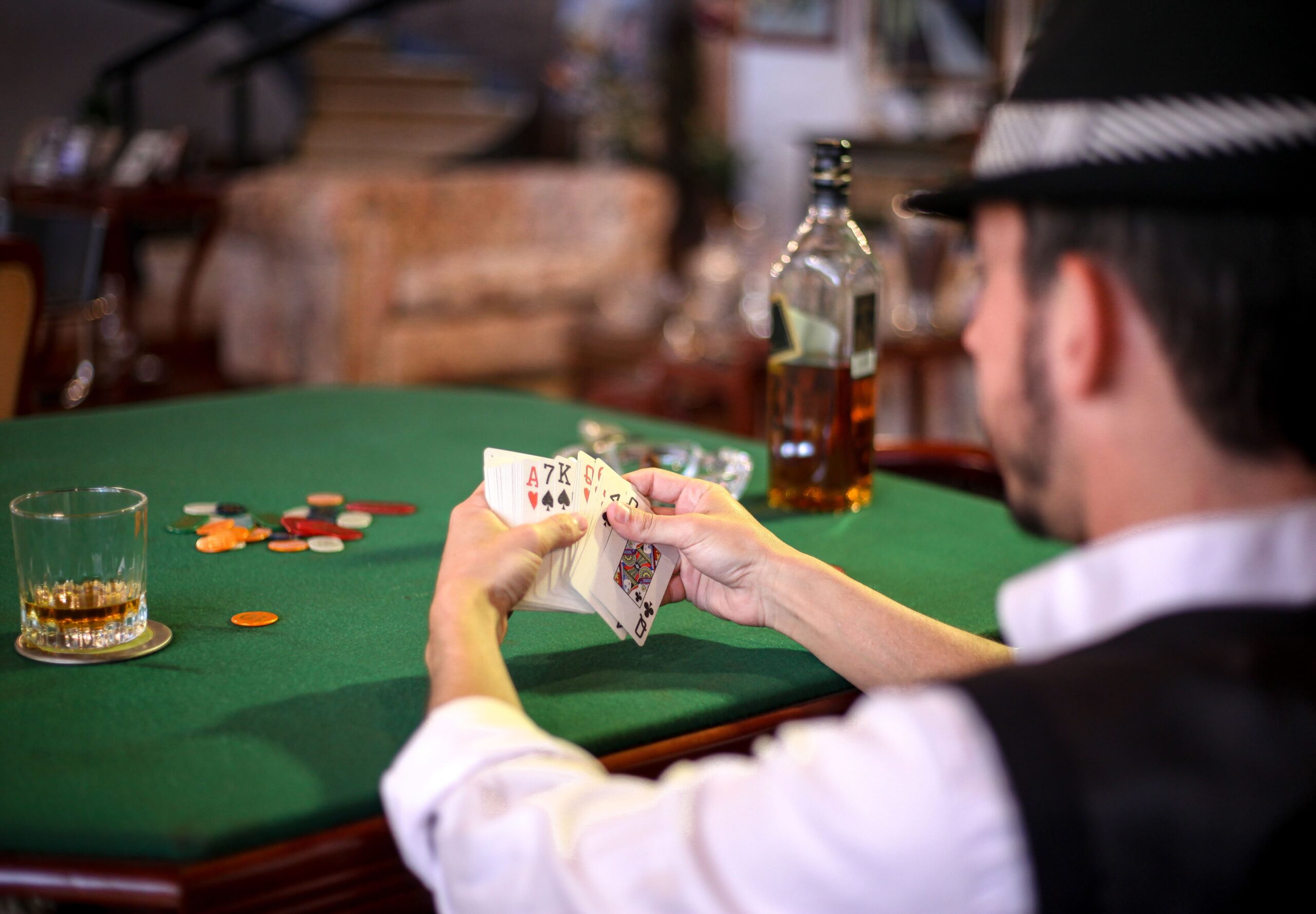Gambling Disorder: Examining the Boundary Between Thrill and Disorder
Hello! Let’s delve into a fascinating subject that touches the lives of many – gambling disorder. This article aims to dissect whether gambling can truly be classified as a disorder while shedding light on the factors that contribute to its emergence. If you’re intrigued by the realm of gambling and its potential ramifications, stick around for an enlightening read.
Defining Gambling Disorder

In straightforward terms, yes, gambling can transform into a disorder. Gambling disorder, also known as compulsive or pathological gambling, has garnered recognition as a mental health condition from reputable psychological and psychiatric bodies, including the American Psychiatric Association. Similar to any other addiction, gambling disorder involves a loss of control over one’s impulses, resulting in adverse effects on personal well-being, relationships, and financial stability.
Unraveling Gambling Disorder
Picture this scenario: what might initiate as innocent amusement at a casino or a friendly poker night can potentially evolve into something much graver. Gambling disorder usually entails an individual’s escalating fixation with gambling, an urge to escalate bets for the same level of thrill, and difficulties in quitting despite the accumulation of unfavorable consequences. This can initiate a downward spiral, entrapping individuals in a cycle of pursuing losses and placing higher wagers, all in the hope of a monumental win that could resolve all predicaments.
Factors Underpinning Gambling Disorder
Gambling disorder isn’t an abrupt occurrence; it’s a multifaceted interplay of diverse factors. Some individuals might possess a genetic predisposition to addictive tendencies, whereas others could resort to gambling as a coping mechanism for stress, anxiety, or depression. The captivating ambiance of casinos, the exhilaration of triumph, and the communal aspect of gambling can also contribute to luring individuals in and making disengagement seem nearly impossible.
Pursuing Assistance and Treatment
The heartening news is that gambling disorder is treatable. Should you or someone you know grapple with gambling-related challenges, remember that seeking aid exhibits strength, not frailty. Different therapeutic approaches, such as cognitive-behavioral therapy, can aid in addressing the underlying triggers behind gambling behavior. Support groups and helplines extend a sense of community, offering a safe space to share experiences and receive guidance.
Concluding Thoughts
Ultimately, while gambling can be an innocuous and enjoyable pastime for many, it’s imperative to recognize the fine demarcation between amusement and disorder. If gambling begins to corrode your mental well-being, relationships, or financial stability, it’s prudent to take a step back and assess whether it has evolved into a disorder. Always remember, seeking assistance signifies a proactive stride towards reclaiming control and fostering a healthier, more contented life.
Thus, whether you’re someone who occasionally dabbles in betting or an individual concerned about someone else’s habits, comprehending the possible risks associated with gambling disorder equips us to make enlightened decisions and offer support to those who may require it.